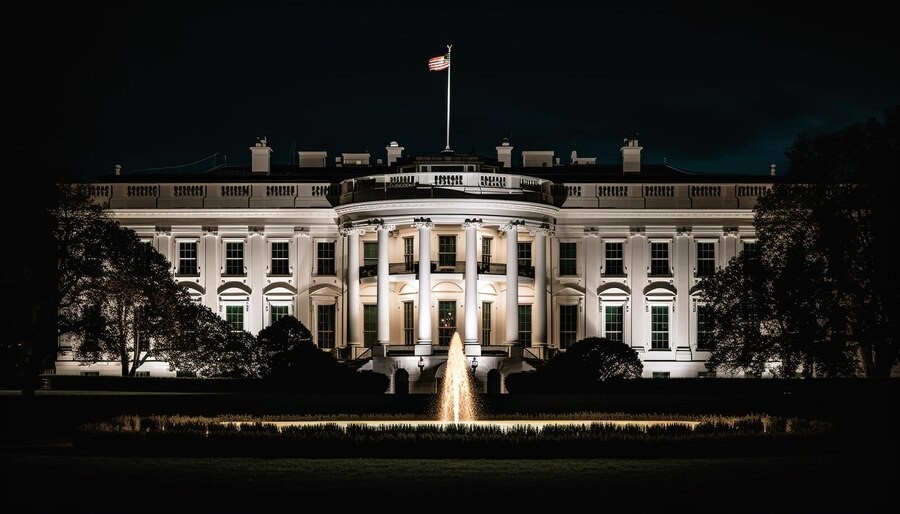The United State of America holds a captivating history and a diverse cultural heritage, shaped by centuries of events and contributions from various groups of people. From the Native American tribes that first inhabited the land to the waves of immigrants who arrived in search of a better life, the United States has evolved into a melting pot of cultures, traditions, and ideas. In this article, we will delve into the rich history and cultural heritage of the United States, exploring the key events and influences that have shaped the nation.
Introduction to the Rich History and Cultural Heritage of the United States
The history of the United States stretches back thousands of years, long before the arrival of European settlers. The land was first inhabited by numerous Native American tribes, each with its own distinct culture, language, and way of life. These indigenous peoples made significant contributions to the development of the United States, leaving behind a legacy that continues to resonate to this day.
Native American History and Cultural Contributions
Before the arrival of European colonizers, Native American tribes thrived across the vast expanse of North America. They built complex societies, developed sophisticated agricultural practices, and crafted intricate artwork. The Native Americans had a deep connection to the land and held profound spiritual beliefs. Their wisdom in living sustainably with nature and their rich cultural traditions are an integral part of the United States’ historical and cultural tapestry.
Exploring the Colonial Era and the Formation of the United States
The colonial era marked a significant turning point in the history of the United States. European powers, primarily the British, established colonies along the eastern seaboard, bringing with them their own customs, languages, and governing systems. The thirteen colonies eventually rebelled against British rule, leading to the American Revolution and the birth of a new nation.
The American Revolution and Its Impact on the Nation
The American Revolution, which spanned from 1775 to 1783, was a defining moment in American history. The colonists’ fight for independence from British rule not only shaped the political landscape but also had a profound impact on the nation’s cultural identity. Concepts such as individual liberty, democracy, and the pursuit of happiness became deeply ingrained in the American psyche.
The Expansion of the United States and Its Westward Movement
With the Louisiana Purchase in 1803, the United States acquired a vast territory, doubling its size overnight. This expansion fueled the country’s westward movement, as pioneers ventured into uncharted lands in search of new opportunities. The westward expansion brought about significant changes, including the displacement of Native American tribes and the establishment of new states with their own unique cultures and identities.
The Civil War and Its Lasting Effects on American Society
The Civil War, fought from 1861 to 1865, was a bloody conflict that tore the nation apart. The war was primarily fought over the issue of slavery, with the northern states fighting to abolish it and the southern states fighting to preserve it. The outcome of the Civil War resulted in the abolition of slavery and the preservation of the Union. However, it also left deep scars on American society, shaping racial tensions and divisions that persist to this day.
The Industrial Revolution and Its Impact on the United States
The Industrial Revolution, which occurred in the late 18th and early 19th centuries, brought about significant advancements in technology and transformed the United States into an industrial powerhouse. This period of rapid industrialization led to urbanization, as people migrated from rural areas to cities in search of factory jobs. The Industrial Revolution not only revolutionized the economy but also had a profound impact on American culture, giving rise to new forms of art, literature, and music.
The Cultural Movements and Contributions of the 20th Century
The 20th century witnessed a variety of cultural movements and contributions that shaped the United States. From the Jazz Age and the Harlem Renaissance to the counterculture of the 1960s and the Civil Rights Movement, these movements challenged societal norms and pushed for social change. Artists, writers, musicians, and activists made significant contributions to the nation’s cultural landscape, leaving an indelible mark on American society.
Exploring the Diverse Cultural Heritage of the United States
The United States is a nation of immigrants, with people from all corners of the world bringing their unique cultures, traditions, and perspectives to the country. Each wave of immigration has added to the rich tapestry of American culture, creating a vibrant and diverse society. From Italian cuisine in New York City to Mexican traditions in the Southwest and Chinese heritage in San Francisco, the United States is a melting pot of cultures that continues to evolve and thrive.
Conclusion
The United States is a nation with a fascinating history and a diverse cultural heritage. From the Native American tribes who first inhabited the land to the immigrants who have shaped the nation, the United States has been shaped by a multitude of cultures, traditions, and ideas. By exploring and celebrating this rich history and cultural heritage, we gain a deeper understanding of what it means to be American and the values that have shaped the nation.


